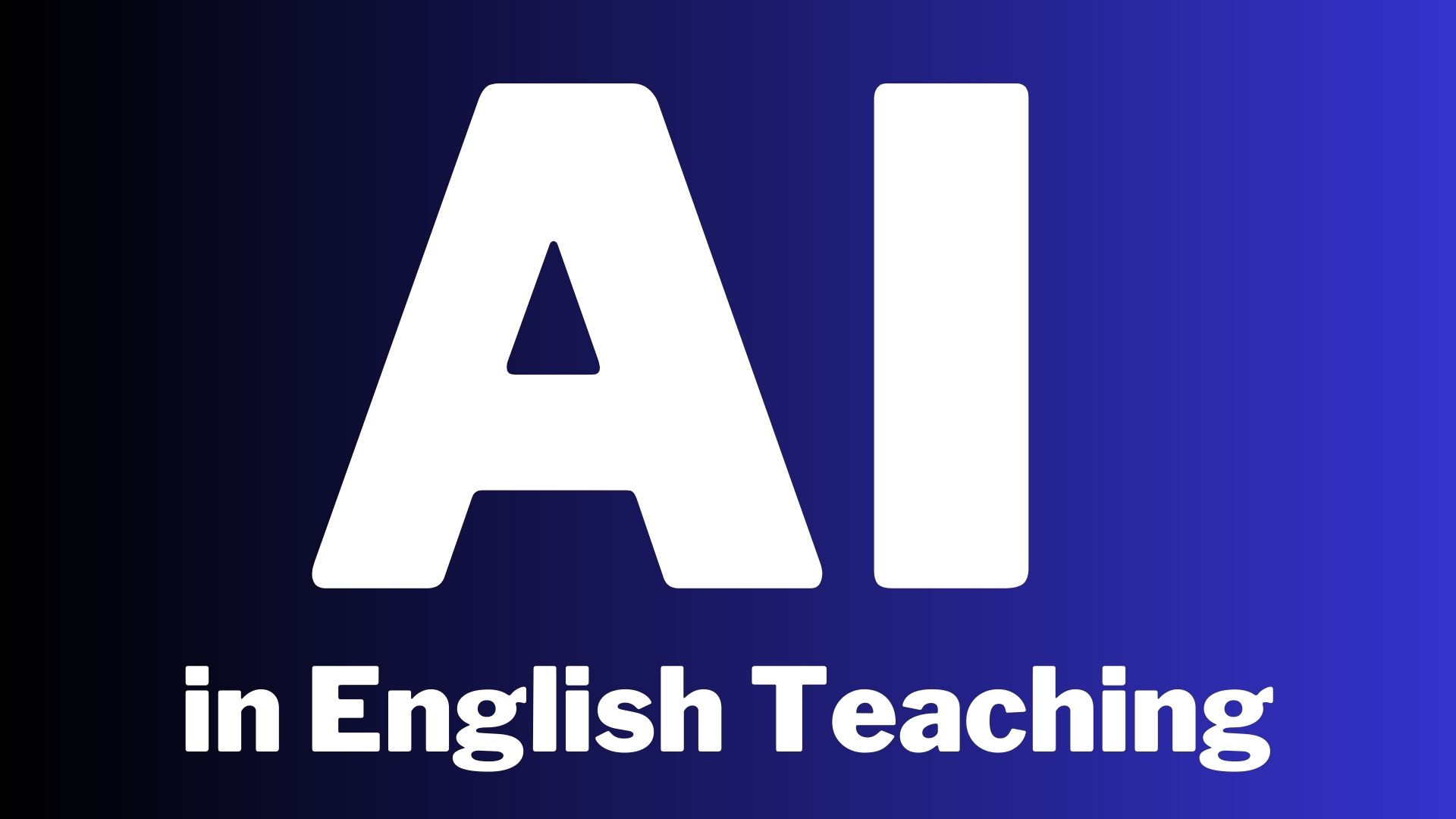

The use of Artificial Intelligence (AI) in education is becoming more widespread as educators seek new and innovative ways to enhance learning. AI has the potential to significantly change the way we teach and learn, particularly in the field of English as a second language (ESL) education. This article explores the impact of AI on teaching English, the advantages of AI-assisted or virtual reality learning, potential challenges and limitations of AI in English teaching, and the future of AI in classroom or online learning.

AI is a field of computer science that focuses on the development of intelligent machines that can perform tasks that typically require human intelligence. In education, AI technology is being used to create intelligent tutoring systems, personalized learning systems, and virtual learning environments. The use of AI in education has the potential to improve student engagement, increase learning outcomes, and reduce the cost of education.
AI has the potential to revolutionize English language education. Traditional methods of teaching English can be time-consuming, expensive, and not always effective. AI can provide students with personalized learning experiences that cater to their individual needs, allowing them to learn at their own pace and in their own style. AI-powered learning tools can also provide immediate feedback, allowing students to track their progress and identify areas for improvement.
While technology has undeniably revolutionized various aspects of education, it is unlikely that it can fully replace human teachers and human-made ESL lesson plans. While automated tools and online resources can provide valuable supplemental materials and aid in certain areas of language learning, they cannot replicate the nuanced understanding, adaptability, and creativity that human educators bring to the table. Human-made ESL lesson plans are carefully crafted to cater to the specific needs and learning styles of individual students, taking into account their strengths, weaknesses, and cultural backgrounds. Human teachers possess the ability to gauge student comprehension, provide immediate feedback, and tailor instruction on the spot, fostering a dynamic learning environment that technology cannot replicate. Furthermore, human teachers serve as mentors, role models, and sources of inspiration, offering invaluable support and encouragement to learners. While technology can enhance the ESL learning experience, it cannot replace the irreplaceable human touch in designing and delivering high-quality lesson plans.
The future of AI in English language education is exciting. AI has the potential to create more personalized and engaging learning experiences, which could lead to better learning outcomes for students. As AI technology continues to evolve, we can expect to see more sophisticated AI-powered learning tools and virtual reality experiences. However, it is important to ensure that the use of AI in education is ethical and that it does not replace human teachers.
To prepare for the future of AI in English language education, educators should stay up-to-date with the latest AI-powered learning tools and virtual reality experiences. They should also ensure that they are familiar with the ethical considerations surrounding the use of AI in education. Educators should also be prepared to adapt their teaching methods to accommodate the use of AI, while still ensuring that high-quality material verified by experts is used and that human teachers play a central role in the learning process.
In conclusion, AI has the potential to revolutionize English language education. AI-powered learning tools can provide personalized and engaging learning experiences, while virtual reality can transport students to different parts of the world. However, it is important to ensure that the use of AI in education is ethical and that it does not replace human teachers or does not change grammar rules. It is worth noticing that regardless of the advances in technology, human verification of the lesson plans will still be crucial to ensure the quality of education and material delivered.
Date: April 14th, 2023
Author: Rob J. Rob J. Rob J. Research Team AmeriLinuga